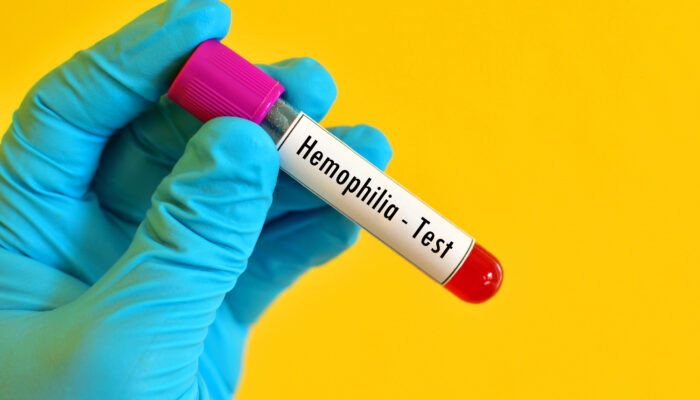
Lifestyle Changes for ADHD
Attention deficit hyperactivity disorder, more commonly known as ADHD, is a mental health disorder that affects attention, the capability to sit still, and self-control. This can affect learning as well as personal interactions in life, and this condition can affect anyone. Treatment for ADHD generally consists of doctor-prescribed medication, therapy, a support system, and changes to overall lifestyle, all meant to decrease and manage symptoms.
Below are a few lifestyle changes that can reduce ADHD symptoms:
1. Plenty of rest
As you probably know, getting enough sleep at night is key in how your brain and body work the following day. While those who have ADHD may find it hard to fall asleep at night, getting enough rest is a very important part of managing your symptoms; as studies have shown. By receiving at least 7-9 hours of sleep a night, you are able to have a higher attention span and retain knowledge better the following day. Once negative sleep habits have been established, it can be hard to break them, but this should be your priority to ensure that you are getting enough sleep prior to beginning your day or week.
2. Exercise is important
While exercising is important for everyone, this is especially true for those who have ADHD. Physical activity not only is great stress relief but also promotes brain growth and supports brain activity, as well as strengthens learning capabilities. Studies have shown that a proper diet and adequate exercise for both the body and mind have a great benefit to those who have ADHD. While it may be difficult to get the motivation for exercise when needed, the most important part is to create a regimen and stick to it; us humans are all about instant gratification, and the key to getting the motivation is to just start.
3. ADHD diet
Diet has been shown to have a key role in managing ADHD symptoms, and consuming the right types of food can help in optimizing brain functions. Foods that are high in protein, such as lean meat, eggs, beans, and low-fat dairy products have been proven to have beneficial effects on those who have ADHD. Foods high in protein are utilized by the body to create neurotransmitters, which are responsible for communication between cells in the brain. Protein can also prevent blood sugar spikes, which are a major cause of loss of concentration, hyperactivity, and impulsivity. Foods that you will want to avoid are those that are high in sugar, carbohydrates, and preservatives. All of these have been linked to loss of focus and difficulty retaining knowledge in those with ADHD.
4. Promote life balance
Having a life in balance is key to alleviating those symptoms that are associated with ADHD, as well as having a routine that is easy to follow and supports your physical and mental health. By getting adequate rest, exercising regularly, and sticking to a healthy protein-rich diet, you can count on your symptoms to lessen and be more manageable. In addition to following your doctor’s prescribed medications and having a support group from your friends and family, this condition will not keep you from enjoying a happy and fulfilling life.



